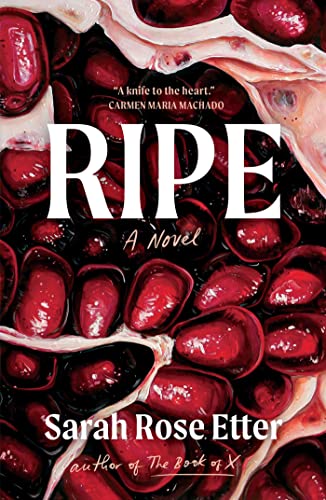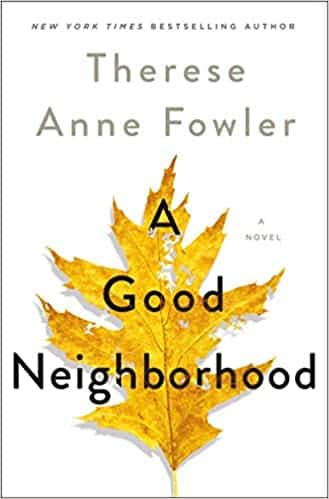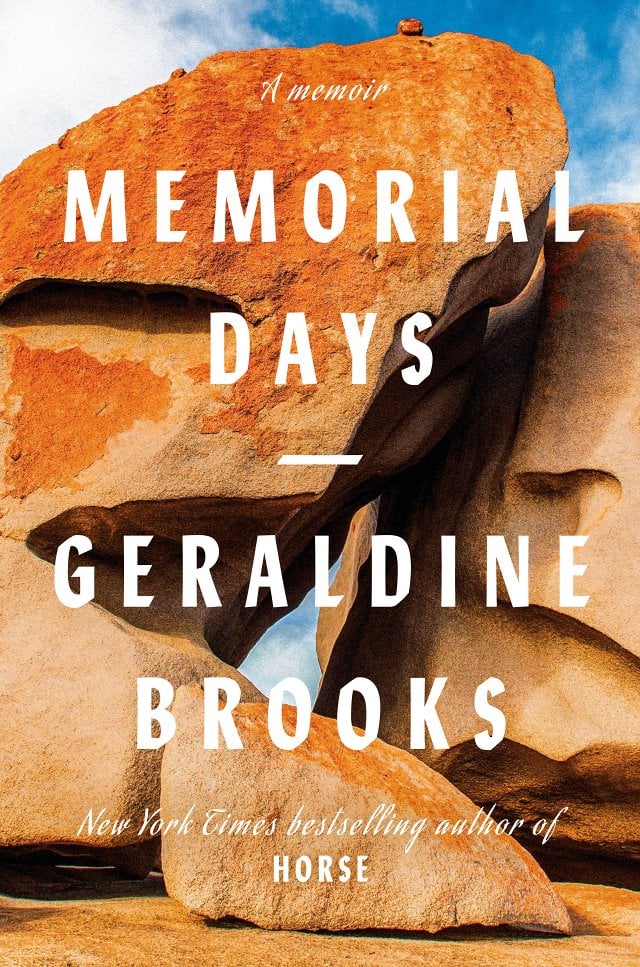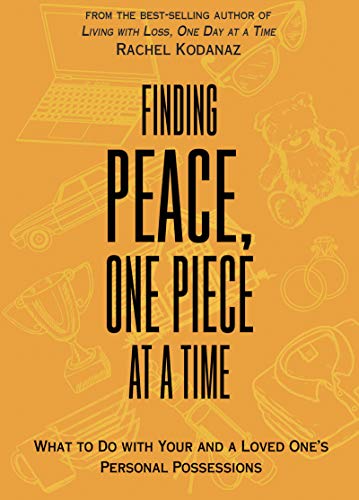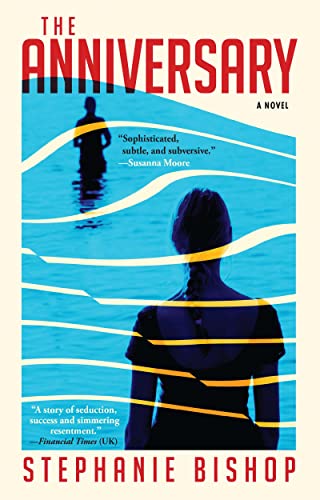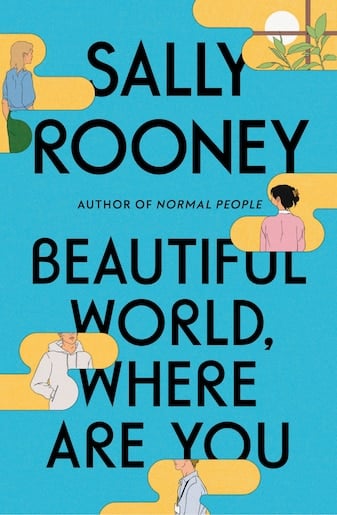Love is Forever
Estimated reading time: 10 minutes, 30 seconds
Love is Eternal!
We all have choices that can change us for better or worse, depending on how we decide. Jan had three opportunities to confirm our love for each other, and each time she selected me!
I have only written briefly about the first one and nothing about the second one. Love is Forever is the post about the most challenging period in our relationship.
I aim to tell the story of Jan’s three commitments to me thoroughly.
Jan’s Three Commitments
- The first was the day we met. Many of her friends and family opposed our relationship. She could have chosen not to fall in love with me.
- When we met, Jan Clears the Decks was the first post to discuss Jan’s choices.
- The second began when we decided to marry and continued until the day we married. Our wedding was opposed by many of her friends and her family.
- The last was this problematic situation early in our marriage which is the story in this post. I have drafted an alternate version of this traumatic period.
However, she confirmed I was the one for her each time she had the opportunity. I will forever be grateful that, given a choice, she decided to love me.
Trigger Warning
Some readers have expressed that this story appears to speak ill of those no longer with us. As the author and Jan’s husband, that is not my intent. We are all human, and sometimes our choices are not as clear-cut as we might like. If you need clarification on reading this post, that would be great. If you do and you have concerns, please reach out to me, and I am more than happy to discuss them with you.
As William Shakespeare wrote, All’s Well That Ends Well! If you read the full story, I am confident that you will find that this one ends well and all is well between Jan and me.
StoryCorps
This morning I listened to NPR’s The StoryCorps episode on Danny and Annie Perasa and their love story. Jan and I had heard earlier episodes, and both of us burst into tears when we listened to each one. Their love story was our love story.
We both knew when we met on November 11, 1973, that we had found the one we had been looking for and that there would be no one else in our lives.
On the first morning, I gave her a card expressing that I loved her without reservations. She responded by saying she loved me. We exchanged cards for milestones, but I also left messages if I left the house before her. If we went together, I always told Jan that I loved her.
Jan, of course, was the practical one. She always insisted that she knew I loved her and told me I did not need to say I loved her all the time.
I listened, but I never changed my habit of telling and showing her that I loved her.
Jan’s Boyfriend
“I love two men, and the only reason I have not slept with the second one is that I might lose Richard.” As I read these words in Jan’s journal, my body shook like an autumn leaf. I had gone out to run errands, and when I returned, the journal was open to this page on the kitchen table.
It was the first year of our marriage, and we had never had a difficult period. We talked about our love and expressed that we wanted to be exclusive.
In the first summer, Jan and I went to the beach after we met. She looked at me as we opened our blankets and said, “You can look, but you cannot touch.” My response was it was not a problem as I only had eyes for her. I then added, “You can only look as well.” She nodded yes, and we kissed.
I was still reading the page and shaking when Jan returned. When she realized I was reading her journal, she raised her voice. “That is private! Why are you reading my journal!
I explained it was open and on the table when I walked in. At first, I thought Jan had left me a message about when she would return.
Jan lowered her voice, but the tension in our apartment was sharper than a carving knife.
My anger was close to the surface. But I knew if I asked for an immediate choice between Jan’s boyfriend and me, she would choose to leave as she would view I was trying to control her.
I apologized for reading her journal and told her I would never reread it.
After that, I took several deep breathes, and then I begged her to take two weeks to decide if she wanted to stay married. She was still angry that I had read her journal, and she did not respond immediately. I was frightened and very concerned about losing control of my bowels.
After almost 48 years, I recently lost my wife, Jan Lilien. Like The Little Prince, Jan and I believed that “The most beautiful things in the world cannot be seen or touched, they are felt with the heart.” This blog is a collection of my random thoughts on love, grief, life, and all things considered.


